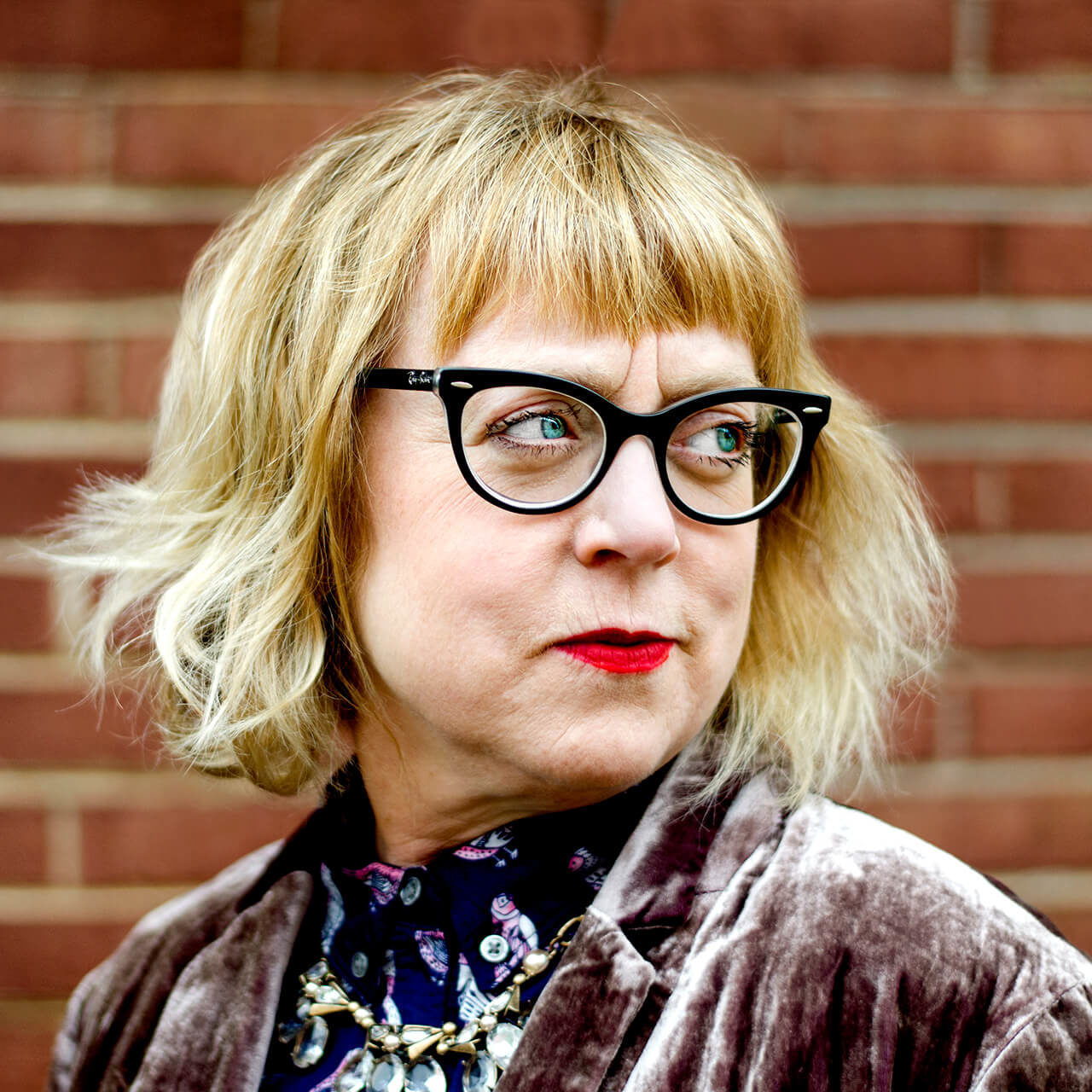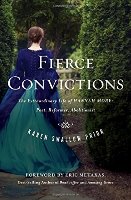Fierce Convictions is a biography that connects the past to the present. While the issues with justice may be different than they are today, we still battle with fighting injustice in the world. Dr. Prior, Liberty University professor, has studied well and presented Mrs. Hannah More to her readers as one a woman who loved God and saw her responsibility to help remedy the culture around her in religion, performance, and treatment of all of humanity.
Many thanks to reviewer Kimberly Campbell for conducting this interview with Dr. Prior for Books At a Glance.
 Books At a Glance:
Books At a Glance:
After writing Fierce Convictions, your life must have been impacted in some way. What would be one of those ways?
Prior:
Yes, writing a book like this requires such a tremendous investment of time, resources, and thought that one can’t be unaffected by the process. It’s hard to express in concrete terms the impact. I do feel much more connected to the past – and to the present, too – simply by spending so much time in the company of someone from the past who did so much to help make the world what it is today. It’s much like the sense I had as a child immersed in reading books about other worlds and feeling like I had actually entered that world. That sense becomes part of who you are. I feel that way about writing this book.
Books At a Glance:
Throughout Hannah More’s life one sees her singular friendships with different men, both married and single. Some in conservative circles would most likely frown upon these types of relationships. Was the atmosphere different then? And why do you think Mrs. More never married?
Prior:
Many of the attitudes we see in conservative Christian circles come to us from the Victorian era. There was much positive and good about this period, but a good deal of what conservative Christianity inherited reflects the age’s moralism detached from robust theology. The Victorian age is the one that More and her fellow Evangelicals helped usher in, but it was not the one she was born into. The eighteenth century (also called the “age of reason”) was a period in which intellectual friendships between men and women flourished, and More definitely benefitted from this cultural attitude. I think this is in part why she never married: she was able to receive the affirmation, support, companionship, and friendship of men even without being married. And, of course, in that age, had she married, she would not likely have accomplished the things she did.
Books At a Glance:
As a professor, what did learning about her and the sisters’ roles as educators (especially at that time) do for your soul?
Prior:
As a lifelong learner myself and as a professor, it was affirming to see how the transformative power of education was borne out in so many different ways through More’s life and work. Her own experience, of course, was greatly shaped by her own educational opportunities, rare for such as she at the time. And she took that gift given to her and offered it to many others who otherwise would have been denied education. Her efforts required great sacrifices, yet they were clearly worthwhile. Any teacher knows that the investment we make more often than not seems not to pay off, at least not immediately, so to see the seeds of More’s work produce fruit for generations feeds the soul of a teacher indeed.
Books At a Glance:
Doing a biography of such a person from years ago, how did you establish fact from fiction?
Prior:
Of course, there is no way to know for certain that only the truth and nothing but the truth is to be found in the historical records of More’s life or in any recorded history. But isn’t that true of all of our lives? To be as certain as is humanly possible, I simply researched as much as I could with the time and resources I had. There are many letters of More’s I couldn’t get to (housed in libraries around the world), but many of them have been published and provide a great deal from which to draw. I checked sources against each other. I also consulted with two of the foremost living scholars on More in writing and researching and had them read the manuscript as well. No writer or researcher is an island, and I’m grateful for the scholars who went before me as well as those who were generous enough to examine my work before it was published. Of course, even beyond the mere facts, is analysis. And there I tried to be both as objective and as human as I could be in order to present More and her life as vibrantly and as truthfully as I could. I am not a trained historian, so all of this was quite a challenge.
Books At a Glance:
Which one of More’s original works has been the most impactful to you?
Prior:
More’s only novel, Coelebs in Search of a Wife, was the subject of my doctoral dissertation and the means of my discovery of her in the first place. It’s not her best work, by any means, but it was key in my academic career, and ultimately led to the writing of this book. So it’s the work of hers that has been the most personally significant.
Ediotor’s Note: You can read our review of Fierce Convictions here.

